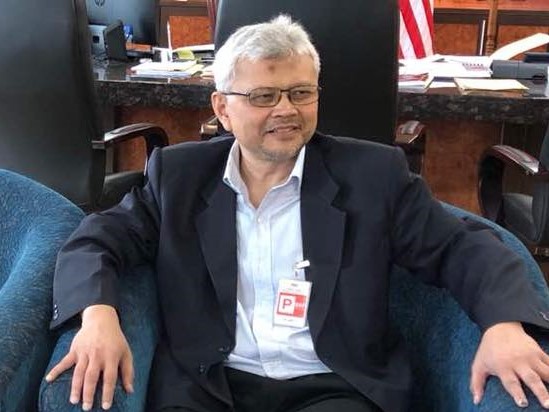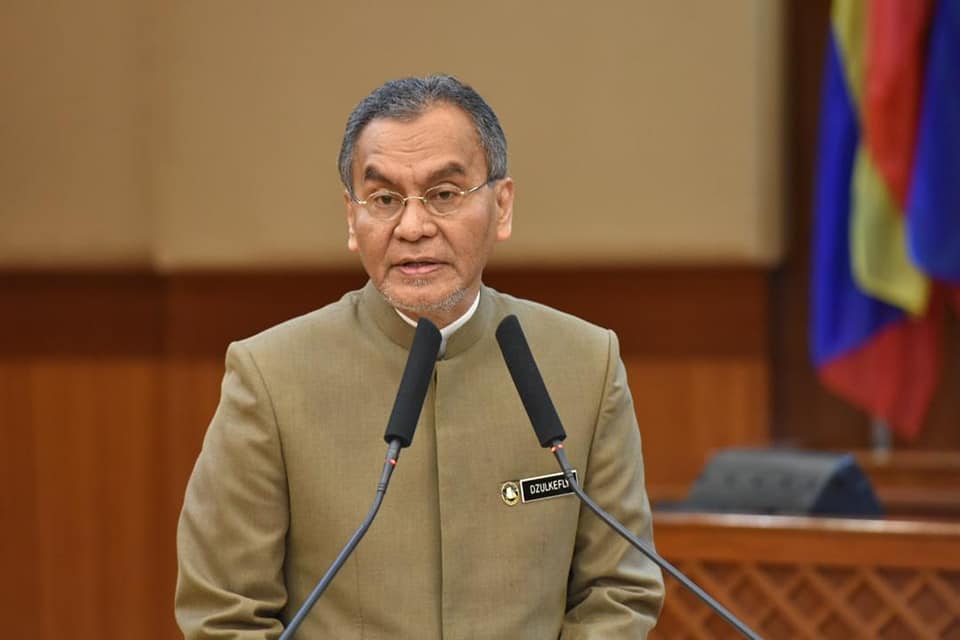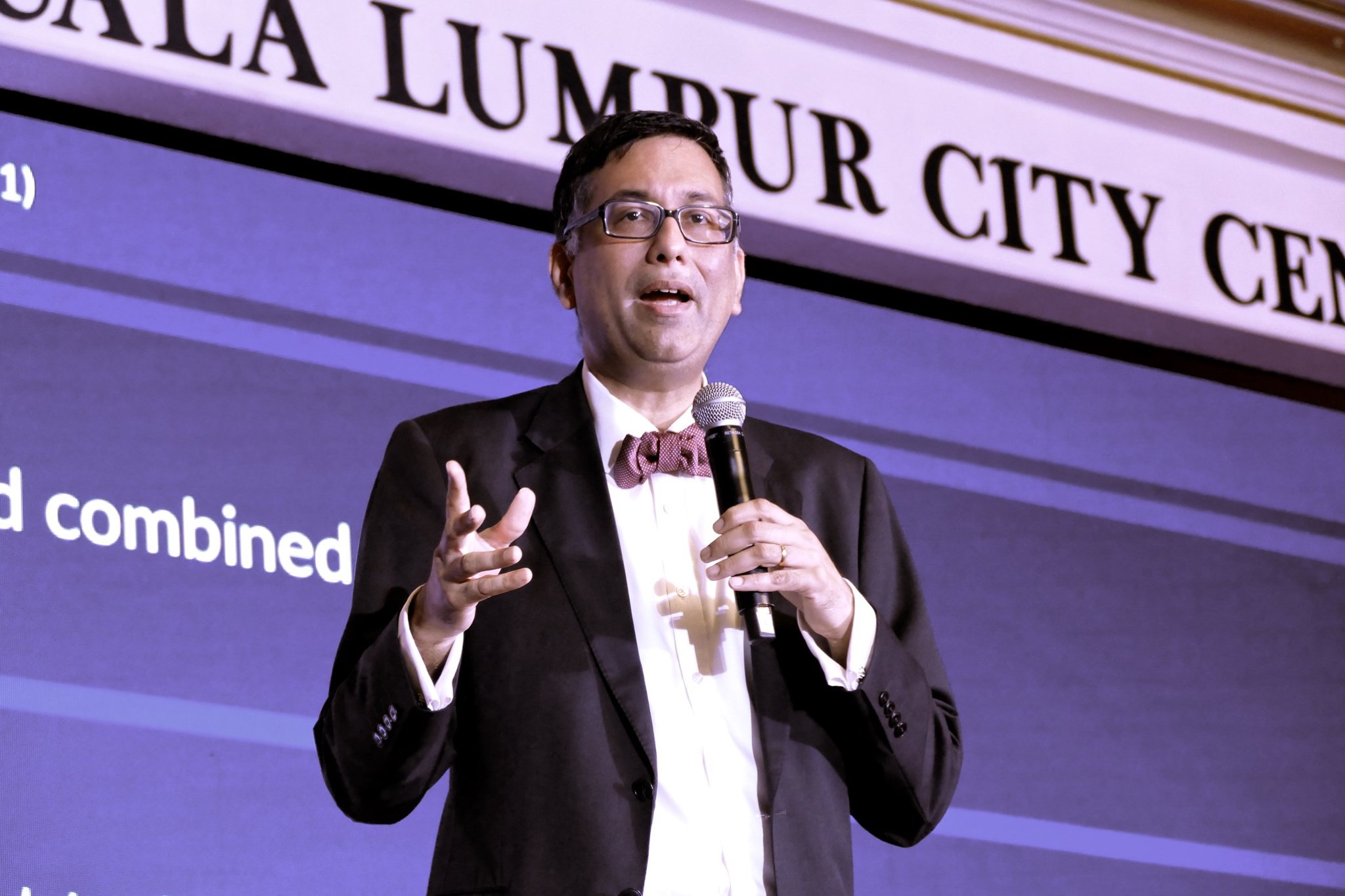KUALA LUMPUR, March 2 — A parallel Covid-19 vaccination programme supplied and run by the private sector alongside the government rollout will expedite herd immunity, private hospitals said today.
Association of Private Hospitals of Malaysia (APHM) president Dr Kuljit Singh said private hospitals are willing to procure coronavirus vaccines on their own once these are approved by the National Pharmaceutical Regulatory Agency (NPRA).
“The reason private hospitals strongly feel that some assistance should be given to the government is because the current programme in three stages, which is expected to end in February 2022, is extremely long and not acceptable,” Dr Kuljit said in a statement.
“Private hospitals could be mobilised very fast to complement the effort of the government in ensuring the majority of the population is vaccinated in the shortest possible time to assist in achieving ‘herd immunity’. This will include utilising the government-endorsed track and trace system to build a database on provision of vaccination.”
Since the national Covid-19 vaccination programme was launched on February 24, only 32,277 people have received their first dose as of last night, equating to only about 0.1 per cent of the 32.7 million population in the past five days. The administration of 32,277 doses comprises just about 10 per cent of the delivery of 312,390 Pfizer-BioNTech doses.
Dr Kuljit noted that expatriates and those with diplomatic immunity may need to travel abroad soon, but these people will only be vaccinated under phase three of the national Covid-19 vaccination programme.
He also pointed out that the public health care system may find it difficult to ensure compliance with the second dose in a two-dose regimen. With a private vaccination programme, however, companies may choose to fund the inoculation of their employees.
“This will ensure better compliance to the two-dose vaccine as the company will be managing a much smaller number of employees. Involvement of the private sector to potentially provide vaccination services at company sites may be appropriate and this would be the most appropriate way to move forward.”
Vaccine Minister Khairy Jamaluddin told the press yesterday that the government would not yet permit a parallel private Covid-19 vaccination programme, even though Sinovac and CanSino Biologics want to supply vaccines to private health care providers in Malaysia.
The Indonesian government has permitted a private Covid-19 vaccination programme that allows companies to buy vaccines and inoculate their staff, Reuters reported. However, the vaccines in the private scheme must not be the same as the government rollout.

Consultant paediatrician Dr Musa Mohd Nordin said Pfizer and AstraZeneca may not be able to supply the Malaysian private sector. However, he pointed out that the United States’ Moderna, Russian, and Chinese vaccine developers had sufficient supplies that could be sold to private hospitals, state governments, and other stakeholders.
“They have been prepared to do it since yesterday, but are blocked by the obstructive bureaucracies and the Little Napoleons throughout the entire supply chain,” Dr Musa said in a statement.
He urged the NPRA to quickly approve Covid-19 vaccines by AstraZeneca-Oxford University, Moderna, and Russia’s Gamaleya Institute that have already been approved in multiple countries. So far, NPRA has only approved the Pfizer-BioNTech shot.
“All of these vaccines without exception have been proven to be 100 per cent effective against severe Covid-19, which would surely help to decongest our presently overwhelmed health care facilities.”
The paediatrician also told the government to cap the price of vaccines. Many people at the back of the queue of the national vaccine rollout, he said, are willing to pay for vaccination, such as the top 20 per cent (T20) of income earners, businessmen, students, expatriates, industry players who want to inoculate their workers, and state governments who want to vaccinate their refugees.

The Pakatan Harapan (PH) Covid-19 vaccination committee, in a separate statement, called for vaccination distribution centres (VDCs) in private clinics or hospitals, rather than a completely separate parallel inoculation scheme.
Opposition MPs in the committee chaired by Kuala Selangor MP Dzulkefly Ahmad noted that the government has fallen short of Khairy’s aim to administer 75,000 shots to the arm daily.
“With more VDCs established, the possibility of any ‘bottlenecks’ in VDCs can be reduced. At the same time, more effective social distancing measures can be carried out if there are more VDC locations,” said the PH Covid-19 vaccination committee.
“The terms and conditions of this Public Private Partnership (PPP) for vaccination should be done transparently so that it is not given to certain companies only. Any party from the private sector that meets the conditions set out in the PPP agreement should be given the opportunity to join the NCIP (National Covid-19 Immunisation Programme).”








